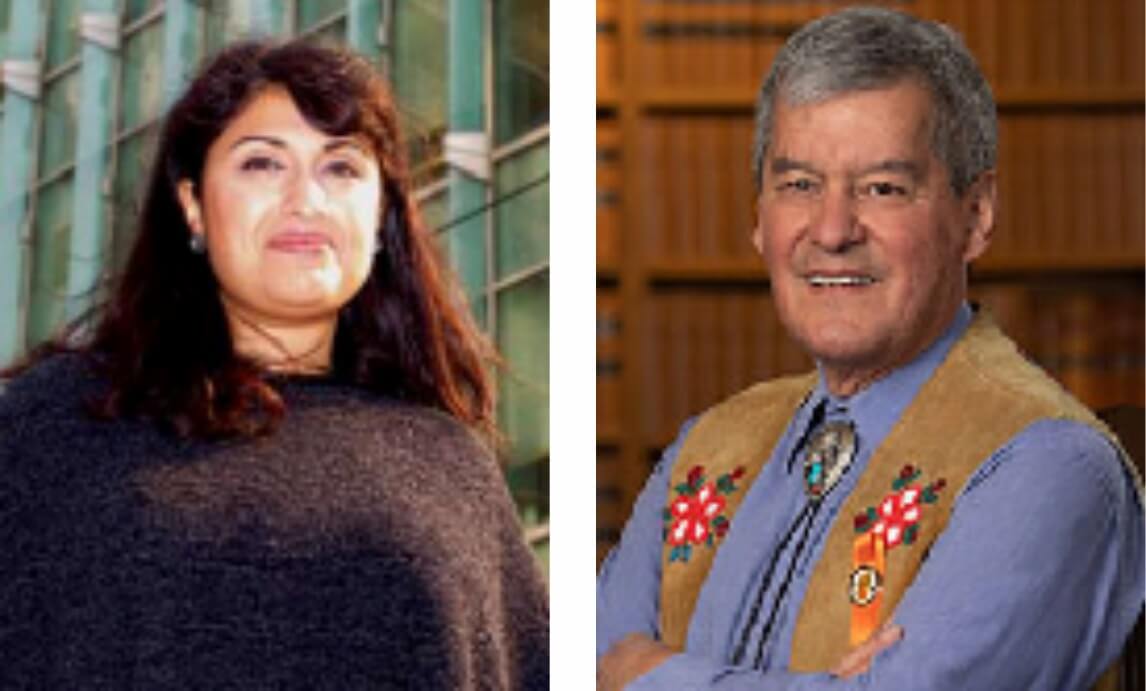Youth Self-Harm, Indigenous Issues: MAiD and Mature Minors
Volume 37 Issue 4, 5 & 6 | Posted: July 17, 2022

Despite serious red flags raised regarding the recklessness of the current MAiD legislation which is available only to adults, proponents of assisted suicide argue that it is unfair to withhold MAiD from children deemed competent “mature minors”.
We understand that this committee will likely recommend expansion to children given the Liberal government’s zeal in this matter and despite concerns already being raised about the existing MAiD regime.
We therefore submit this brief sharing our concerns on the expansion of MAiD for mature minors.
The Supreme Court Carter case (2015) is the only high court ruling for the decriminalization of MAiD in Canada. It explicitly restricted its decision to “the factual circumstances in this case,” and it made “no pronouncement on other situations where physician-assisted dying may be sought.” The ruling stated clearly that MAiD should be voluntary and for adults.
“… while there is no clear societal consensus on physician-assisted dying, there is a strong consensus that it would only be ethical with respect to voluntary adults who are competent, informed, grievously and irremediably ill, and where the assistance is ‘clearly consistent with the patient’s wishes and best interests, and [provided] in order to relieve suffering’ (para. 358)”
The law, including the Supreme Court “AC” Manitoba case, recognizes that capacity for decision making of minors has to be evaluated taking into consideration the child’s mental, emotional, and physical needs and developmental stage, among other factors.
The courts apply a sliding scale to the concept of capacity, meaning decisions that carry grave consequences should require that the child’s capacity be more carefully scrutinized. In some cases, a total prohibition on choices that would cause harm to the child, such as use of marijuana, alcohol, and cigarettes, is considered necessary.
It is important to note the finality of MAiD and that minors would not be consenting to potential future health problems, such as would be the case with alcohol or cigarettes, but rather to having no future at all.
Current medical evidence confirms that adolescents’ judgment continues to develop into adulthood. The American Academy of Pediatrics states: “Although the size of the brain nearly reaches its adult size in early childhood…we know that much of the brain has continued dynamic changes… into the third decade of life. The prefrontal cortex, where many executive functions are coordinated…is among the last areas of the brain to mature.”
This can explain the risky behaviors observed in adolescence.
Self-harm Issue
As well, messages that promote suicide and knowing someone who has engaged in self harm both raise the risk of teenage suicide contagion. The Canadian Association of Suicide Prevention has pointed out that MAiD outside the end-of-life context is assisted suicide. Therefore, both suicide messaging in offering MAiD to minors and knowing someone who has completed suicide through MAiD could impact teenager suicide contagion.
As a result of the myriad of harms associated with colonialism and intergenerational trauma perpetuated by systemic discrimination and policies that do not favour Indigenous persons, Indigenous youth have higher suicide rates on average, and higher rates of mental illness.
In this light, it is dreadful that our federal government is pushing for expansion of MAiD to children, including indigenous children, but has consistently ignored recommendations from Indigenous stakeholders across Canada to implement youth suicide prevention, MAiD and mature minors strategies and the promotion of mental wellness. The definition of mental wellness is a balance of the mental, physical, spiritual, and emotional.
This balance is enriched as individuals have: “purpose in their daily lives whether it is through education, employment, caregiving activities, or cultural ways of being and doing; hope for their future and those of their families that is grounded in a sense of identity, unique Indigenous values, having a belief in spirit; a sense of belonging and connectedness within their families, to community, and to culture; and finally a sense of meaning and understanding of how their lives and those of their families and communities are a part of creation and a rich history.
No Evidence
The Council of Canadian Academies Expert Working Group on MAiD for Mature Minors notes that there is a lack of evidence on how MAiD for mature minors will affect families. They noted there is no robust evidence that captures the voices of youth on this matter including views of minors with disabilities, Indigenous youth, and/or those in the child welfare system. They cite a paucity of international evidence on which to draw conclusions as well.
The working group based its recommendations using evidence around withdrawal of life support. As stated by the Canadian Medical Association, “MAiD does not encompass… withdrawing or withholding life-prolonging treatment.” Furthermore, Bill C-7 has since been adopted.
MAiD is now being used in all kinds of situations including for psychological suffering, disability and chronic pain and is likely to be expanded further. Each of these situations leads to new problems which we have hardly considered.
Given that we are discussing MAiD for children, which is arguably the gravest choice to offer someone, coupled with the lack of evidence to support safe practice and risk of suicide contagion in teenagers, a continued prohibition on MAiD for children seems wise. We ask the Special Joint Committee on MAiD to slow down, consider the evidence, and not push for expansion.
Dr. Ramona Coelho is a family physician who cares for marginalized patients. She was an expert witness before the House and Senate committees examining Bill C-7 and is a founding member of Physicians Together with Vulnerable Canadians
Graydon Nicholas, awarded the Order of New Brunswick and Order of Canada, was the 30th Lieutenant Governor of New Brunswick. He is a member of the Wolastoqiyik Nation, was co-chair of the Stakeholders Advisory Council and was a member of the First Nations Advisory Council
